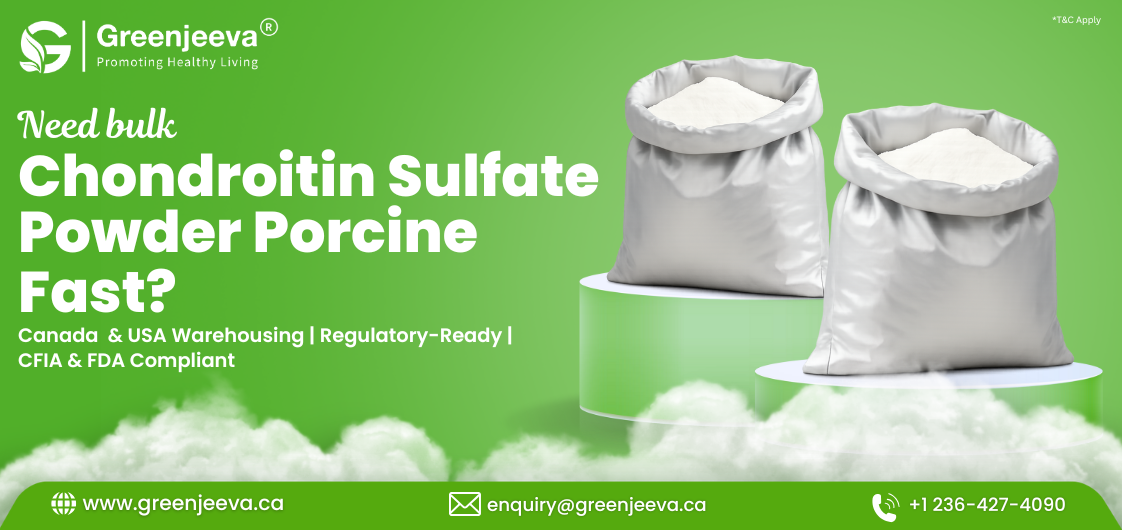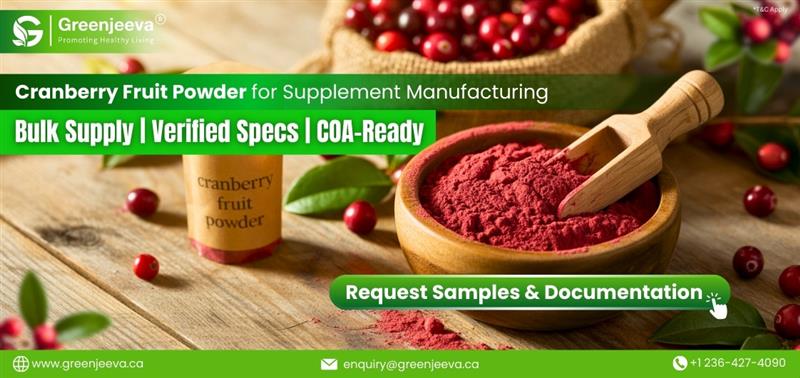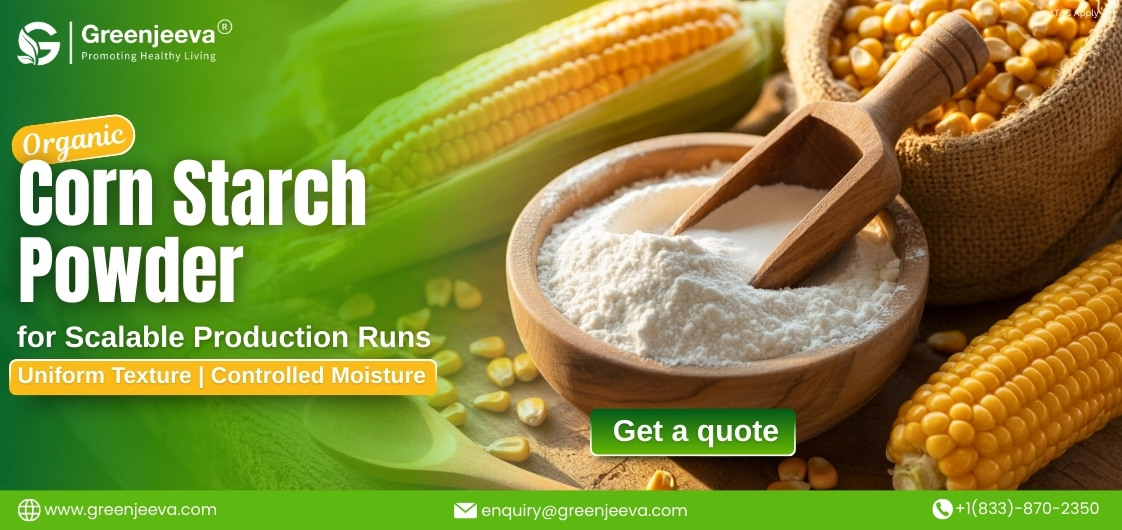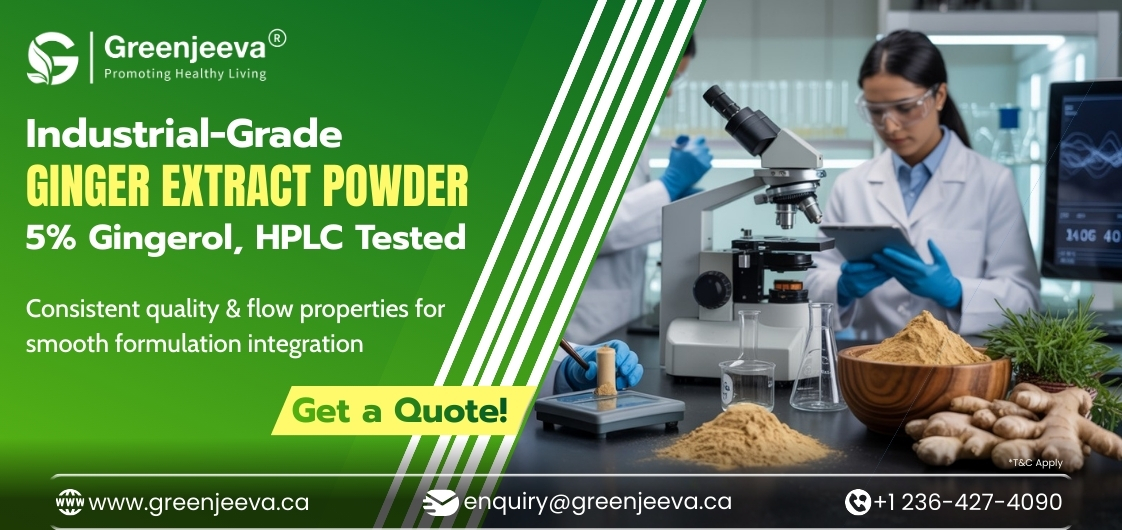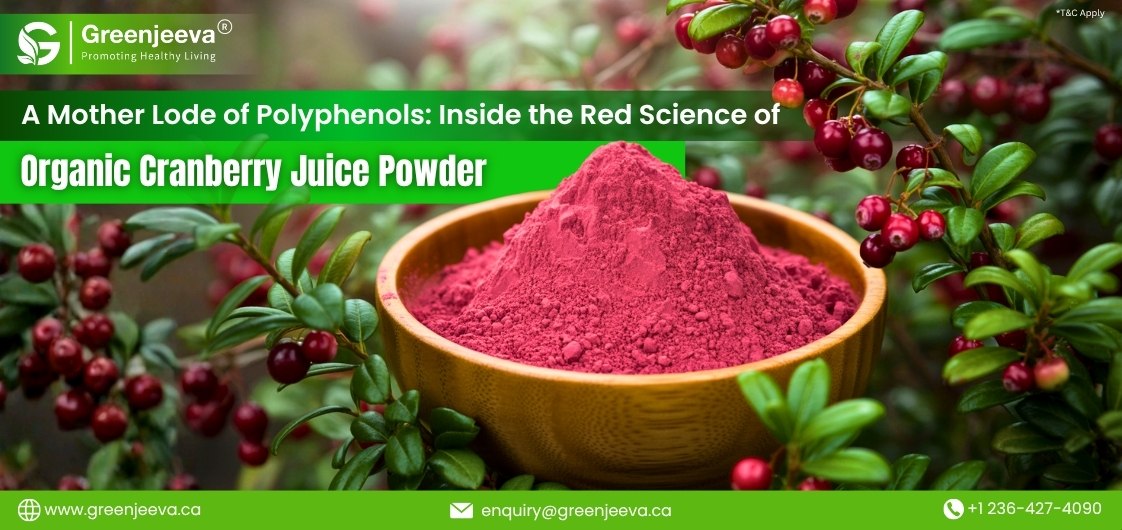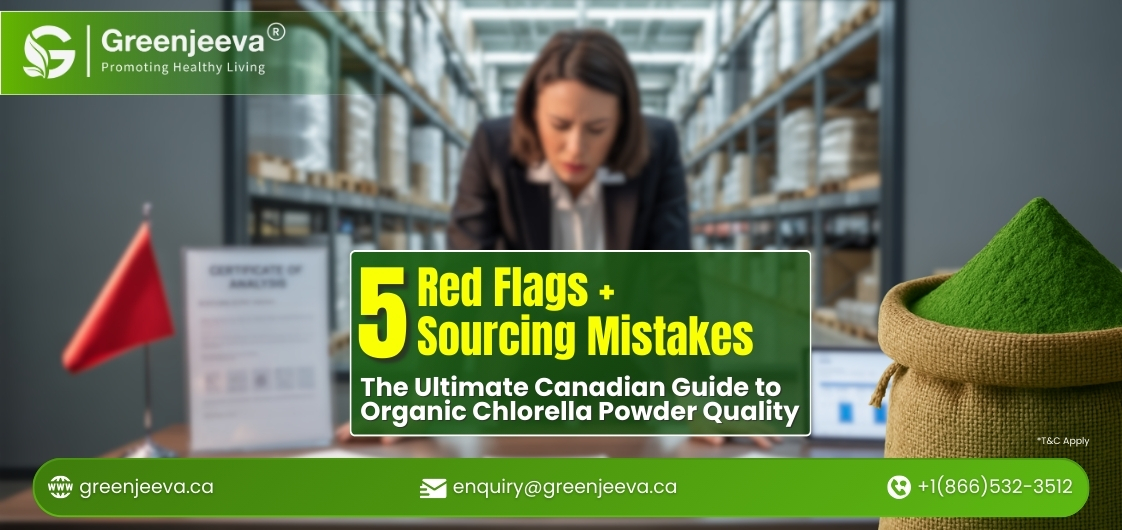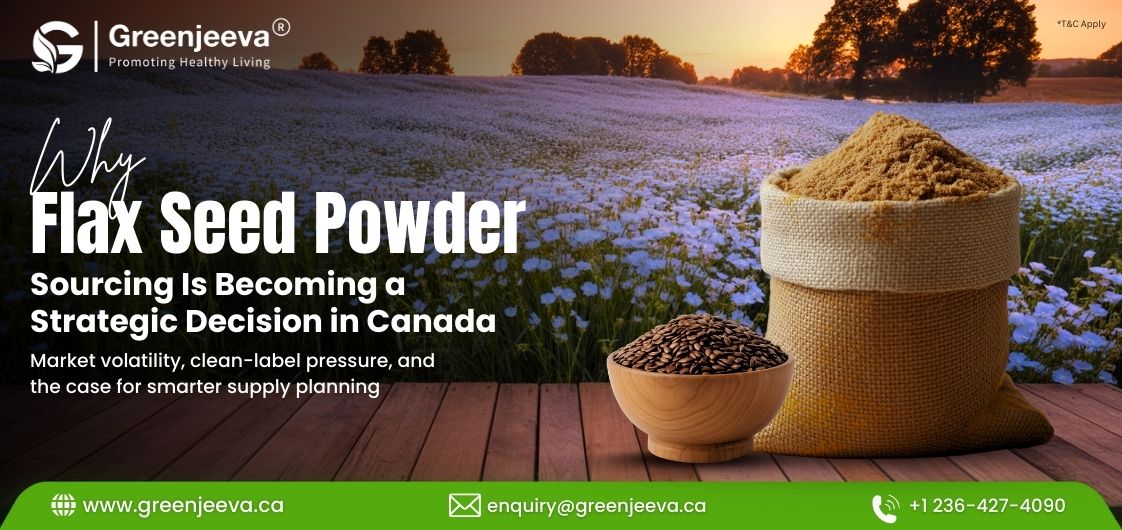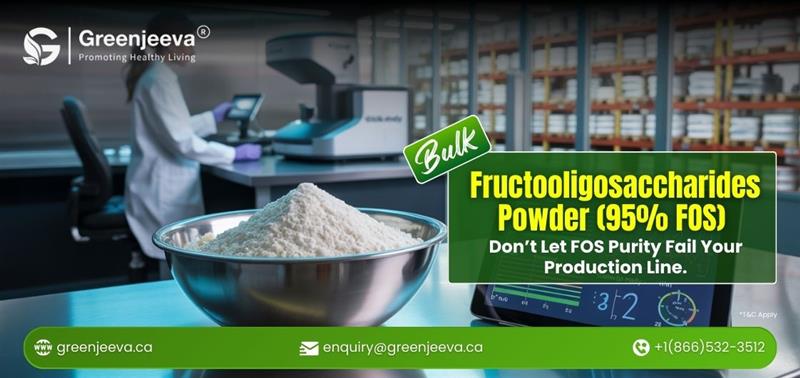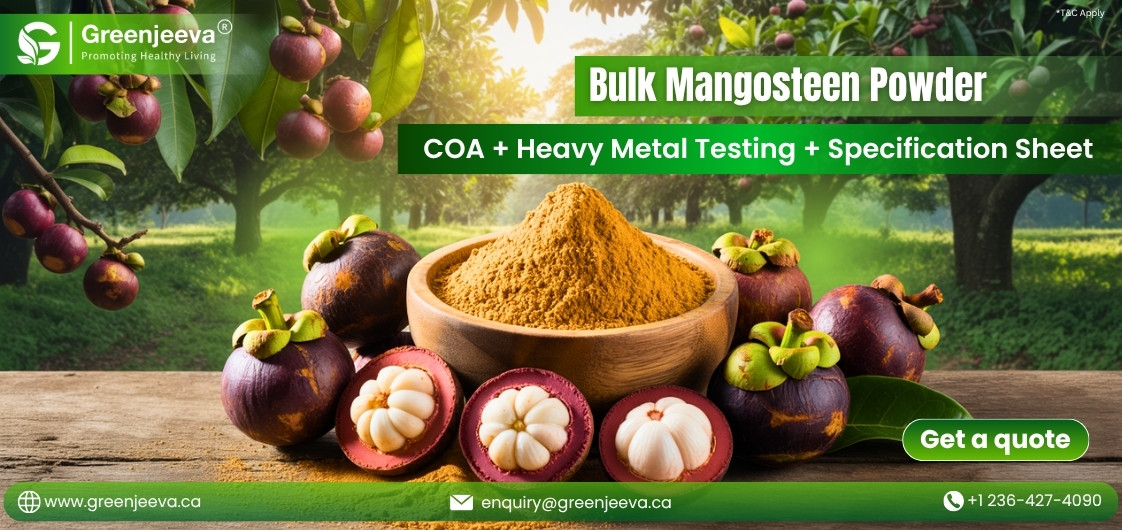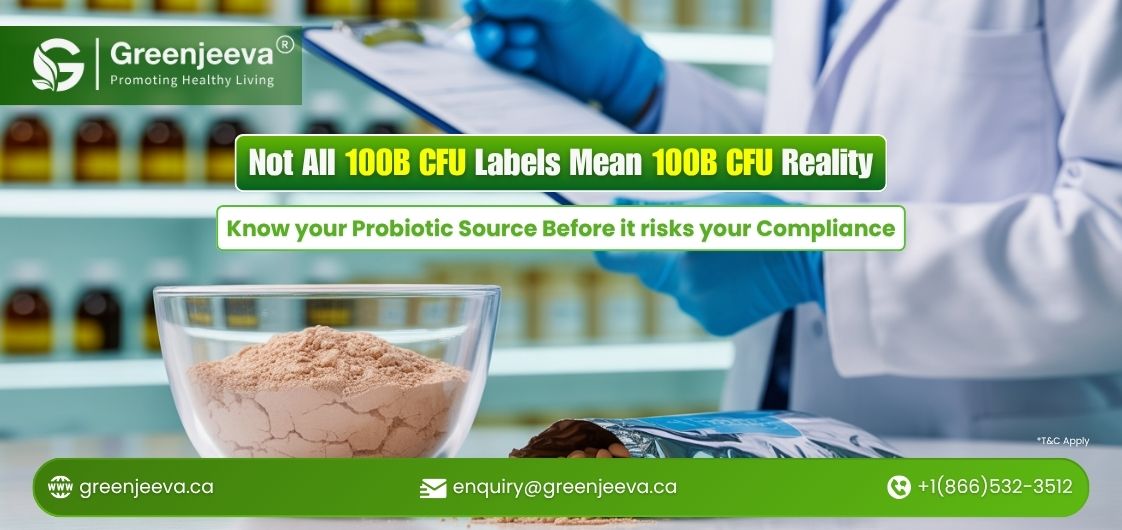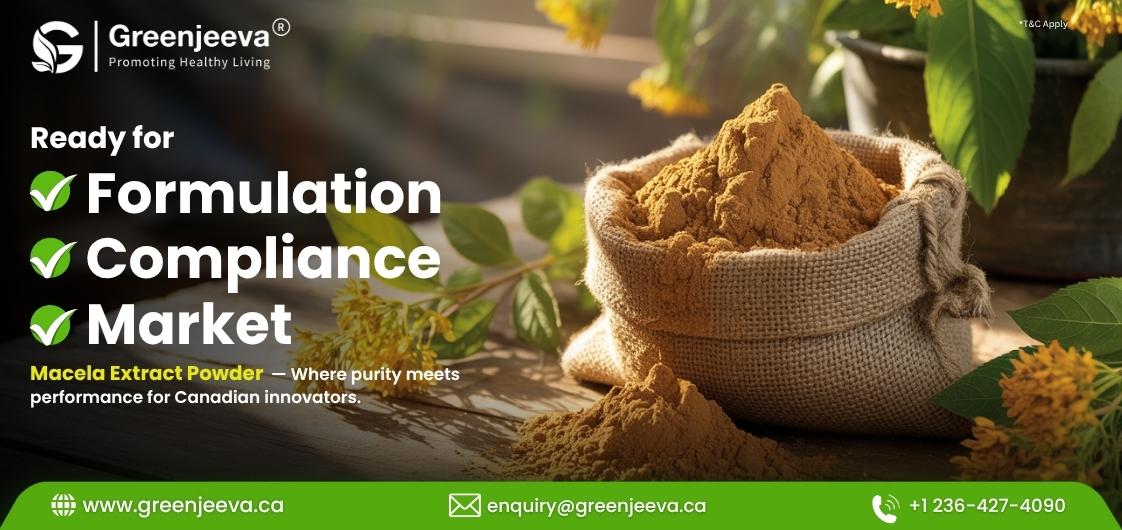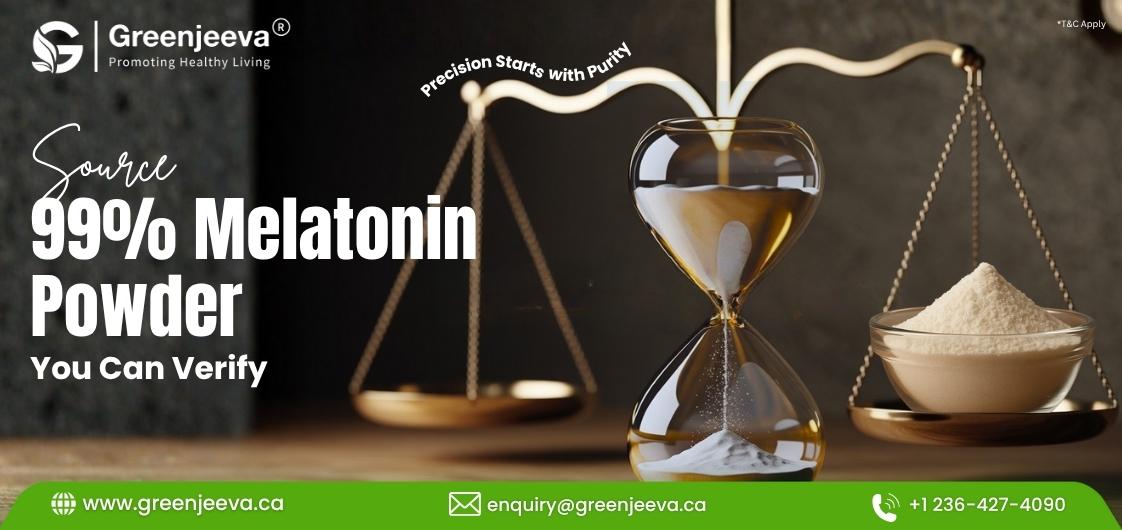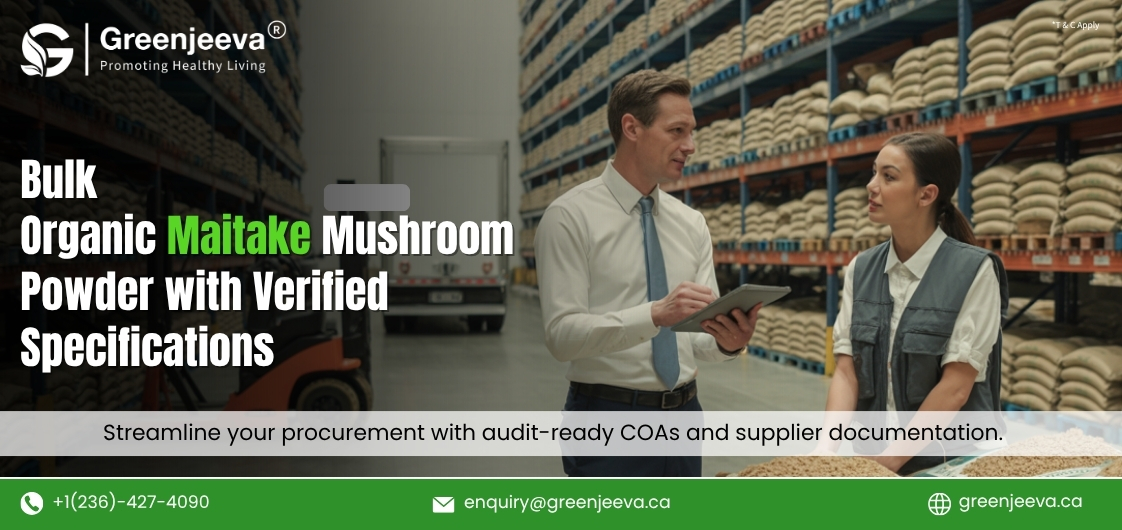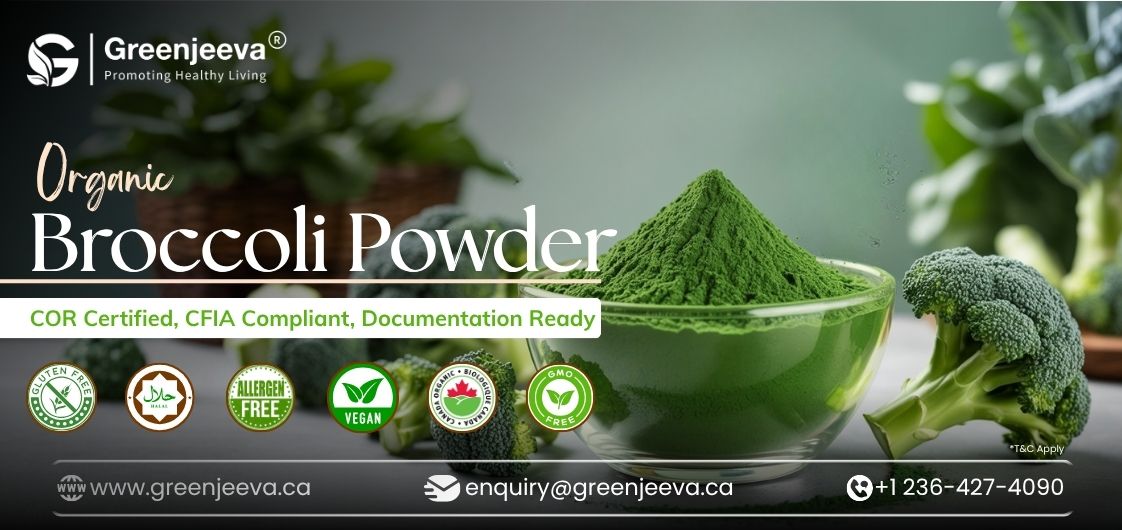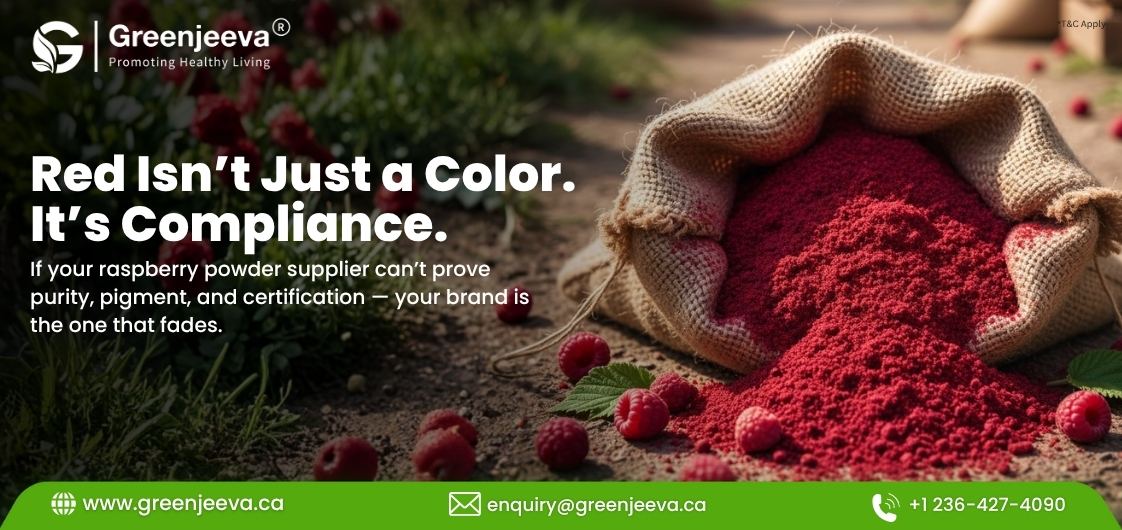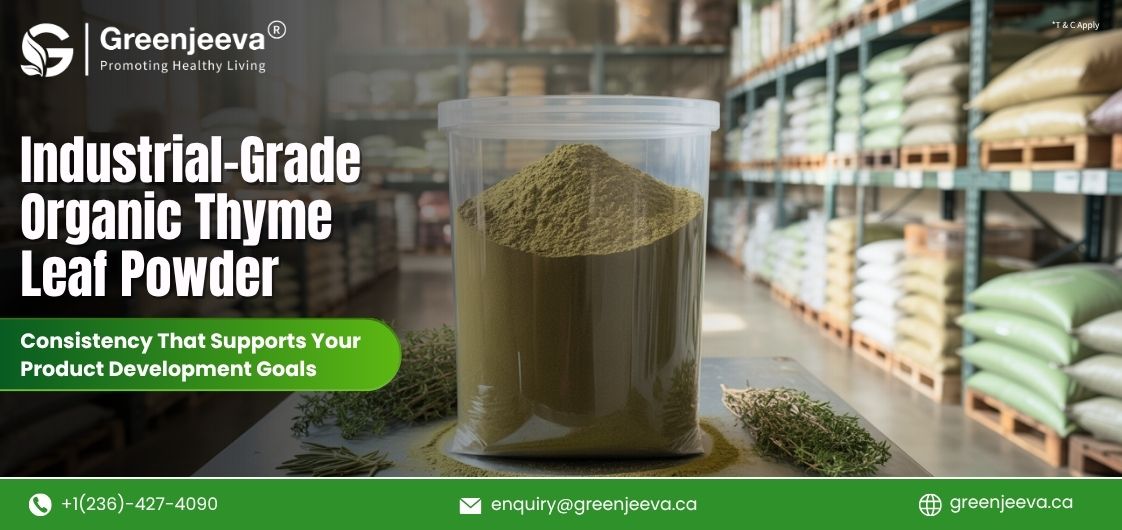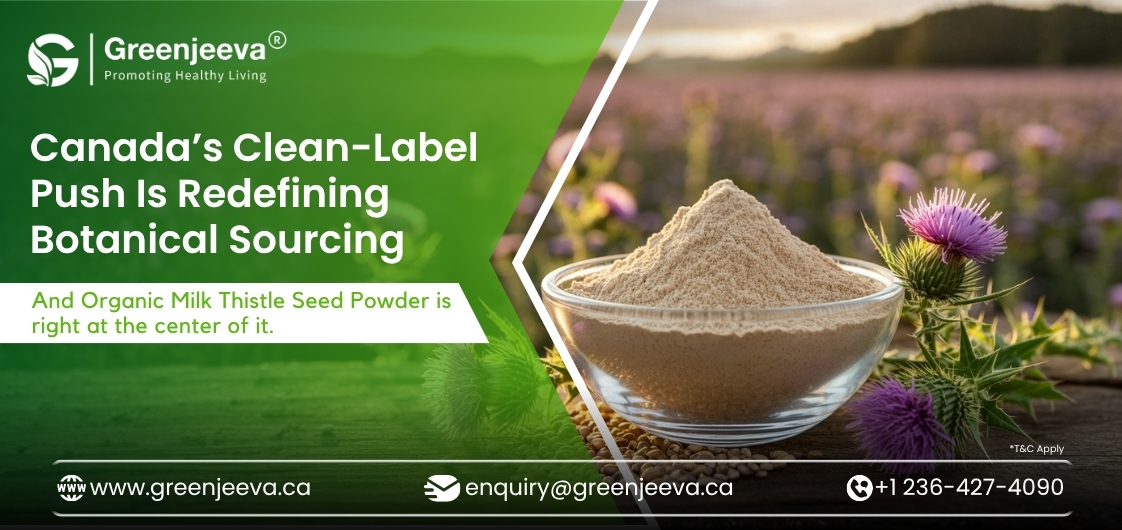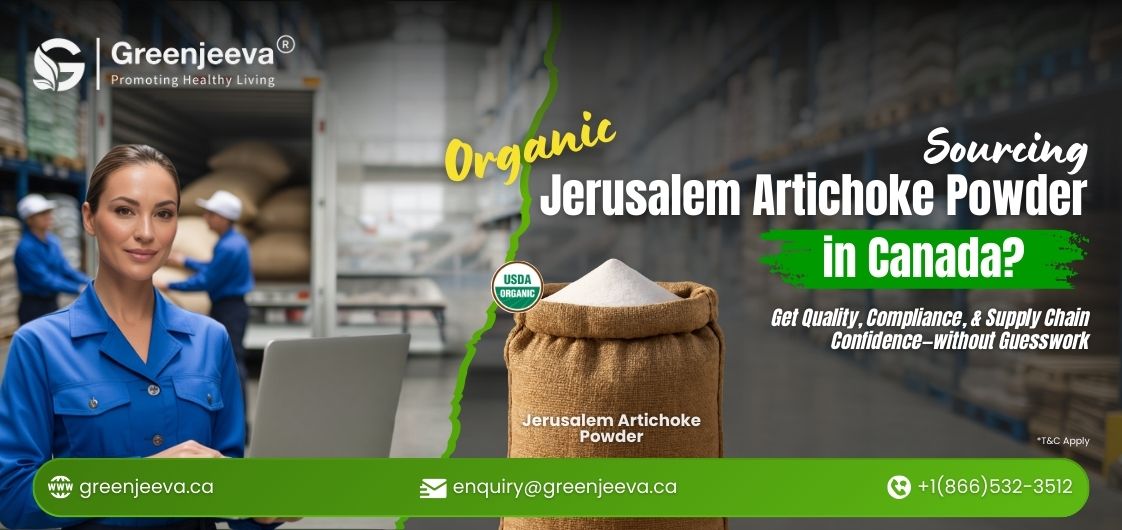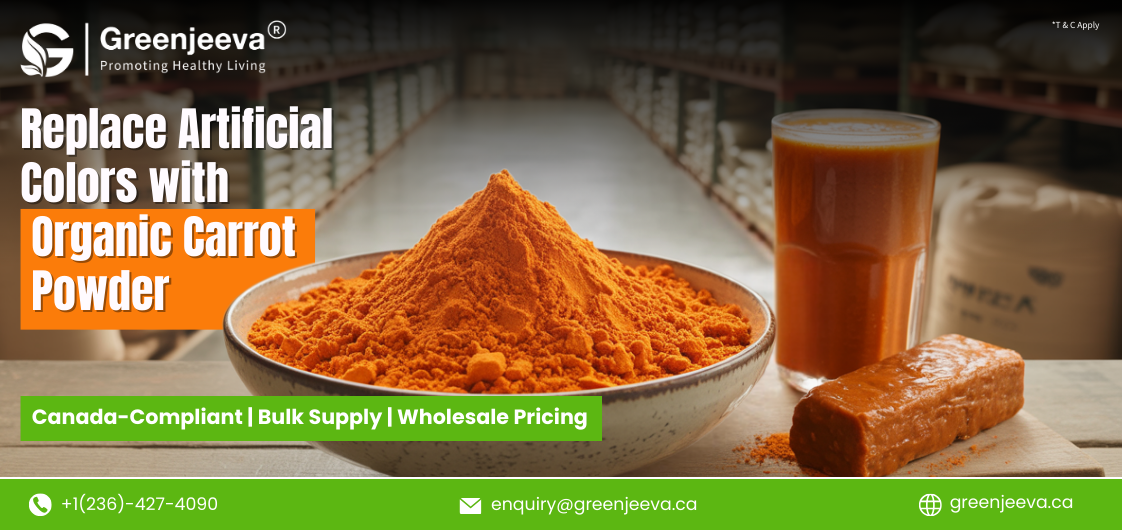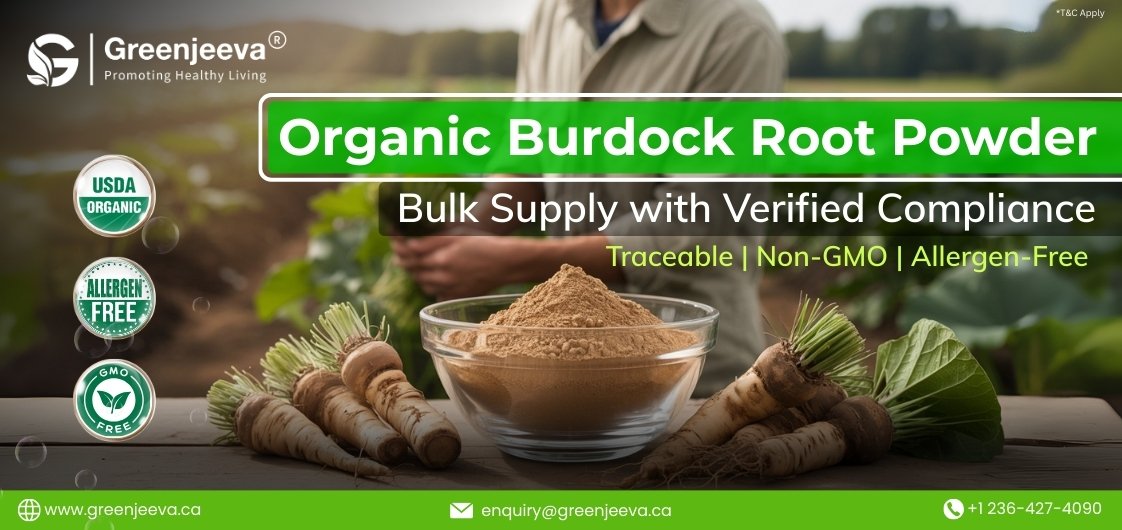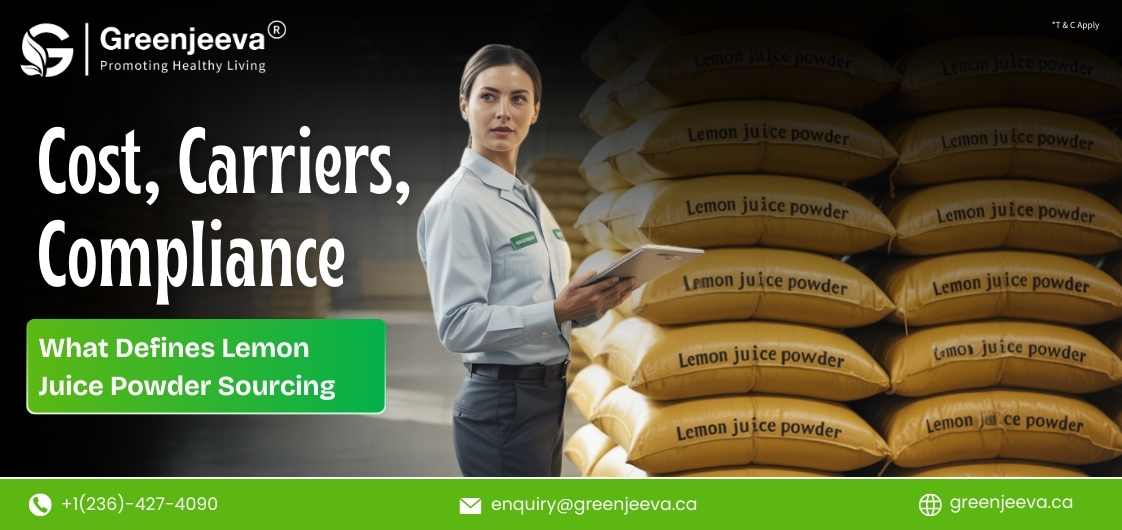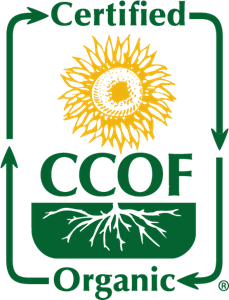Chondroitin Sulfate Powder (Porcine) has become a critical component in joint health formulations, but buying in bulk? That’s a different game entirely. For sourcing teams, R&D heads, and formulators working in supplements, functional foods, or personal care one bad lot can risk an entire batch, or worse, brand trust.
If you think checking purity alone is enough, think again.
Let’s break down what truly matters when you’re sourcing Chondroitin Sulfate Powder (Porcine) in bulk and what smart buyers are doing differently.
7 Must-Know Factors Before Sourcing Bulk Chondroitin Sulfate Powder (Porcine)
Sourcing bulk ingredients isn’t just about comparing specs and price tags it’s about aligning with suppliers who understand quality, compliance, and the realities of commercial production. When it comes to Bulk Chondroitin Sulfate Powder (Porcine), overlooking just one detail can lead to delays, compliance issues, or product recalls. To make your procurement process smoother and risk-free, here are 7 critical factors you need to evaluate before locking in your supplier. Whether you’re formulating health supplements or building out your ingredient portfolio, these checkpoints will help you make informed, audit-proof decisions.
1. Is the Ingredient Microbiologically Clean And Can They Prove It?
This isn’t just about microbial limits it’s about risk mitigation. Contaminants like E. coli, Salmonella, and Staphylococcus aureus are deal-breakers in any application. But you’d be surprised how many suppliers don’t provide updated microbial data or push COAs that are batch-unrelated.
Tip: Always ask for batch-specific COAs that include:
– Total plate count
– Yeast & mold
– E. coli, Salmonella, and Staph aureus results
Pro tip for QA teams: Verify if the method of testing is third-party validated and includes limits based on country-specific regulatory standards.
2. What’s the Sulfate Content and Is It Consistent Across Batches?
Chondroitin sulfate content should typically fall within 90–105%. If it fluctuates below 90%, you’re dealing with inconsistent efficacy. Anything way above 105%? Red flag it may have been spiked with synthetics or analogs.
Look for:
– Batch-tested sulfate percentage
– Verified drying method (e.g., spray-dried vs. sun-dried)
– Clear source traceability from porcine cartilage
Ask your supplier: Can you provide the drying method and batch-wise sulfate test results for Bulk Chondroitin Sulfate Porcine Powder?
3. Is It Truly BSE/TSE-Free and How Transparent Is That Claim?
Porcine Chondroitin Sulfate Ingredient Canada typically avoids bovine-related BSE concerns, but don’t just take that for granted. Ask for:
– A BSE/TSE-Free declaration
– A full traceability document from source to final extract
Remember, this is especially critical when you’re supplying products to B2C supplement brands with stringent label claims.
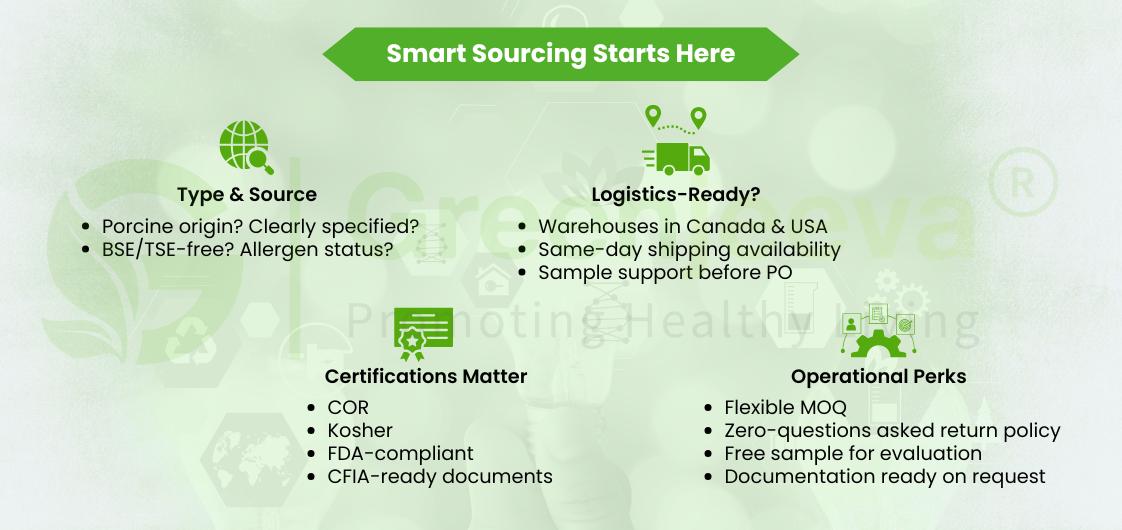
4. Where Is It Shipped From and How Fast Can It Get to You?
Location still matters. Ingredients stored overseas can take weeks to ship, and the longer your Chondroitin Sulfate sits in transit, the higher the chances of environmental stress and quality degradation.
Smart sourcing questions:
– Do you have warehouse presence in Canada or the USA?
– Do you offer same-day shipping on confirmed orders?
– Are there cold-chain precautions or desiccant packaging for humidity protection?
Some suppliers can dispatch from North America itself, cutting down your lead times drastically and lowering your planning risk.
5. Certifications That Actually Matter: Go Beyond the Label
When evaluating wholesale Chondroitin Sulfate Powder (Porcine), certifications can help you spot who’s serious about quality and who’s just ticking boxes.
Look beyond buzzwords like “premium” and ask for evidence specifically:
– COR (Canadian Organic Regime, where applicable)
– CFIA compliance
– FDA registration (where applicable)
While many suppliers claim to be compliant, only a few have up-to-date documentation ready on request. Don’t forget to ask about allergen status, BSE/TSE risk, and shipping capabilities.
Bonus: Some suppliers offer free samples, zero-questions-asked return policies, and flexible MOQ support making your trial runs smoother.
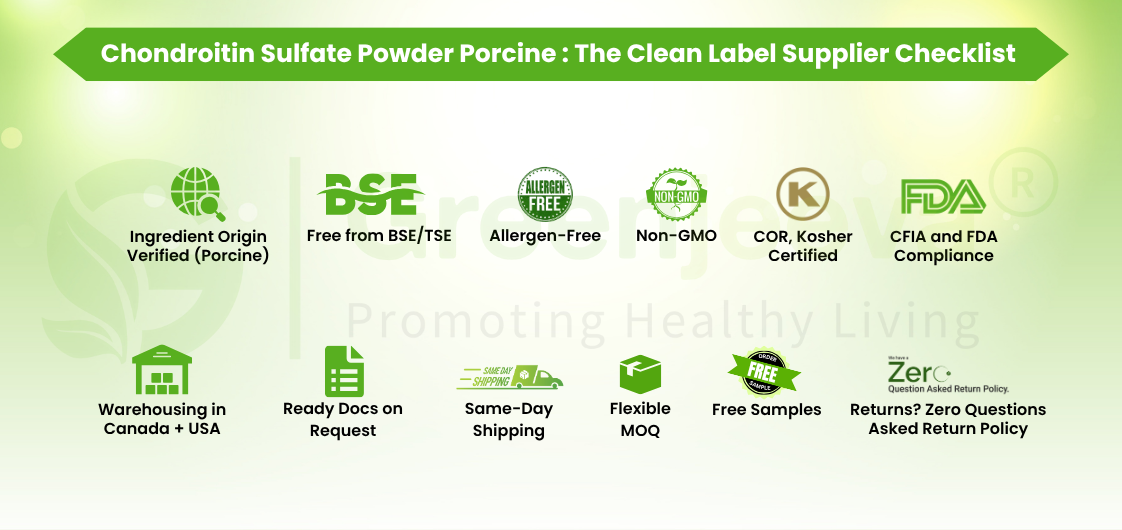
6. Is the Documentation Ready Or Just Promised?
This is one of the most overlooked pain points for QA teams.
While downloadable COAs and live inventory systems are still not common across the board, what matters is that your supplier can provide documentation swiftly upon request.
Look for:
– COAs and spec sheets tied to specific batches
– Regulatory documents (FDA/COR/CFIA/etc.) that are valid and updated
– Allergen and GMO statements that align with global clean-label trends
Ask this upfront: How fast can I get full documentation for my audit or regulatory filing?
7. Does the Supplier Truly Understand Your Application?
Sourcing isn’t just about selling powder it’s about solving problems. Suppliers who understand the formulation needs of Porcine Chondroitin Sulfate for Capsules/Tablets vs. liquids, Chondroitin Sulfate Porcine for Pet Supplements or food-grade vs. nutraceutical-grade applications can help you prevent issues before they happen.
Examples of value-adds to look for:
– Free sample support for formulation trials
– Insights on porcine-origin ingredient interactions
– Packaging customization (if needed)
– Return-friendly procurement policies
Final Thought: Not All “Bulk” Is Built Equal
If you’re sourcing Wholesale Chondroitin Sulfate Porcine, the difference between a smooth supply chain and a formulation nightmare lies in the questions you ask before the PO is placed.
Take the extra step. Don’t just ask for specs, ask for proof, ask for speed, ask for support.
Because in the world of joint-support activities, your reputation hinges on every detail right down to the sulfate count.
**The Food and Drug Administration has not evaluated these statements. This product is not intended to diagnose, treat, cure, or prevent any disease. **


